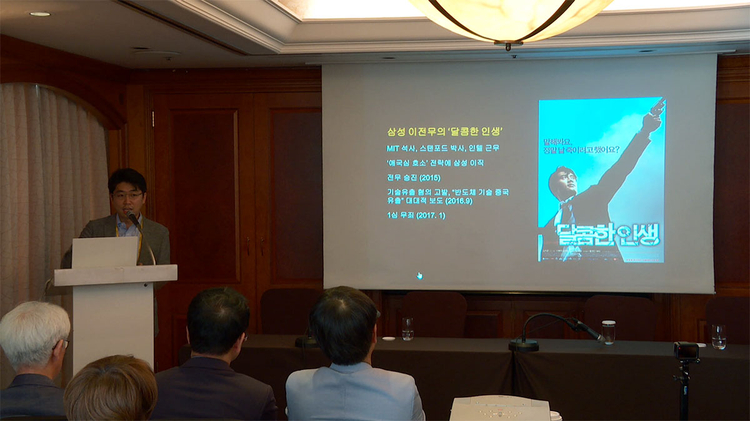
Where Should Korean Investigative Journalism Head to?
2018년 10월 08일 17시 13분
[This article was written by student reporters of IJAsia18.]
Finding useful data for investigations is always a hard task for reporters as not all data are public. Simply using a superficial, one-dimensional data will not be enough to acutely analyze what is going on.
“There are tremendous crime reports in India but the core is not about merely collecting them, it’s about unveiling the cause beneath why the case happened,” noted Govindraj Ethiraj, founder of IndiaSpend & BOOM in India at the session of Uncovering Asia 2018 on Oct. 6.
Ethiraj is also one of the founders of #Breathe, India’s first independent air quality monitoring network, streaming air quality with GPRS support, built on low-cost devices. With over 60 devices placed in India, #Breathe provides a highly accessible dashboard for people who didn’t even know that India is one of the most polluted countries in the world.
“Our vision is to democratize data, which is critical to saving millions of lives,” Ethiraj said. “Building this large system that can transparently share air-quality data real-time is one of the channels we use to reach our vision.”
#Breathe chose to visualize its data, mapping the locations the devices are set up so that the data becomes more approachable. This implies the need to make new data points that does not yet exist based on the already visible data.
Ethiraj’s talks on creating new data points to democratize accessibility was followed by a lecture of Pinar Dag, a Data Journalism Lecturer based in Turkey, on why open data actually matters and the practical impact it brings to our lives.
“According to the definition of open data, defined as data that anyone can access, use, reuse/or share, only 11% of the world’s published data sets are opened,” Dag noted. “Open data provides transparency, strengthens democracy, creates jobs, makes government work, and saves lives.”
For data to be considered as “truly open,” data should be:
- Available online as to accommodate the widest practical range of users and uses
- Open-licensed so that anyone has permission to use and reuse data
- Machine-readable for large datasets to be analyzed efficiently
- Available in bulk to be downloadable as one dataset and easily analyzed by machine
- Free of Charge for anyone to access it no matter their budget
Apart from the quantity of data, open data quality is another crucial factor for reporters to check on when citing information. GODI (Global Open Data Index) sets out the following indicators for measuring data quality:
-Completeness of data content
-Accessibility (access-controlled or public access)
-Findability of data
-Processability (machine-reliability and amount of effort needed to use data)
-Timely publication
Information on open data - open data barometers, guidelines to evaluate the quality, open data impact map - is all available on online websites.
“It is not easy to collect or license data especially in some countries where the government ties up the data formats,” Dag said in her final remarks. “Nevertheless, we should never stop dealing with open data to bring it onto more people. So never give up. Talking about this matter is one significant way to understand how to use data.”

report : Kim Kayoung
뉴스타파는 권력과 자본의 간섭을 받지 않고 진실만을 보도하기 위해, 광고나 협찬 없이 오직 후원회원들의 회비로만 제작됩니다. 월 1만원 후원으로 더 나은 세상을 만들어주세요.